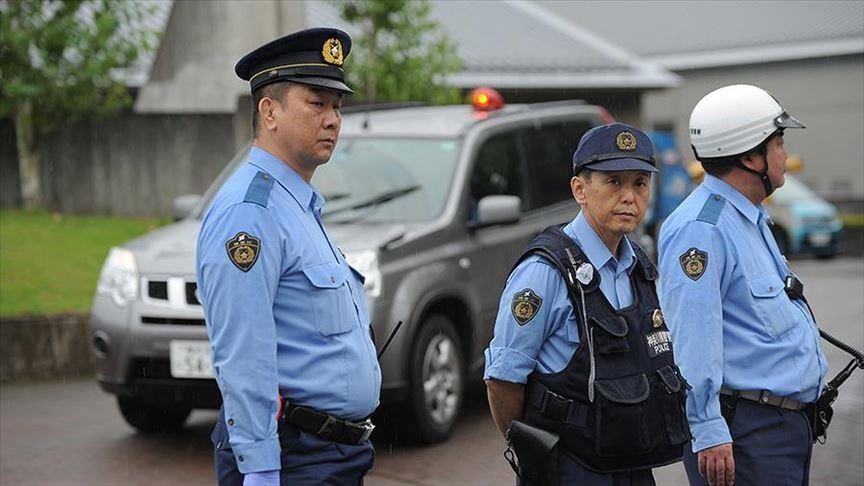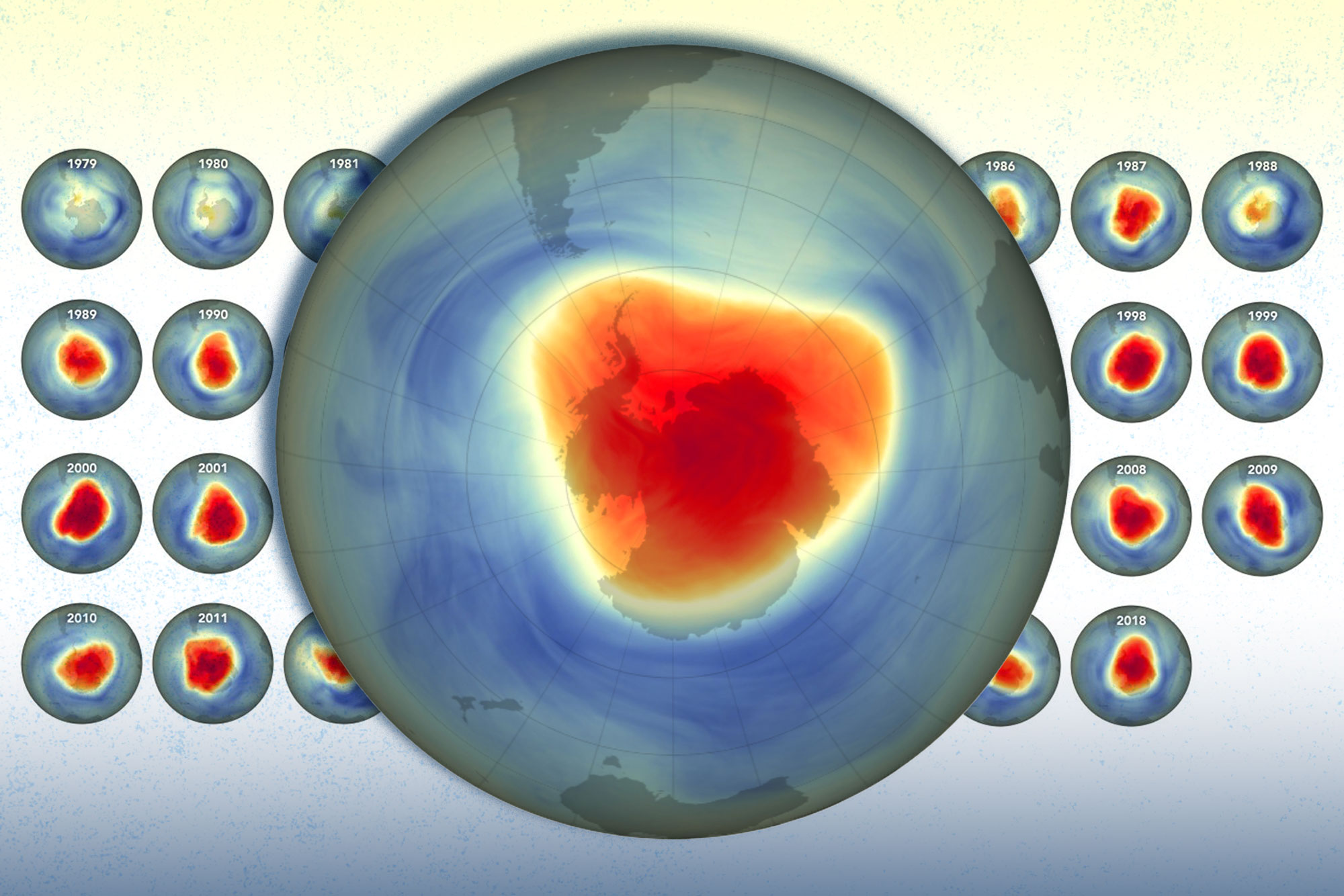JAPAN MAKES FIRST ARREST OVER CELEBRITY AI DEEPFAKES

A legal line for a culture built on faces
Japanese police have detained a man suspected of creating sexualized AI deepfakes of female celebrities—Japan’s first such crackdown. The case tests how existing obscenity and privacy laws handle images that are synthetic yet reputationally real. In a star system where ad deals hinge on immaculate public images, the harm is tangible: brand partners, agency contracts, and the celebrities’ own safety calculus. Lawyers say the arrest could drive platforms to accelerate takedowns and watermarking while prosecutors explore how to value dignity in digital form.
Fans, platforms and new guardrails
For fandoms, the story is a reminder that “fan edits” have a boundary—and that parasocial intimacy doesn’t license exploitation. Agencies are expected to press platforms for faster detection and notice-and-action protocols, as courts weigh whether victims need to prove direct economic damage or if reputational harm suffices. The practical effect could ripple beyond Japan: a template for police action that other markets may cite as deepfake scams and synthetic porn proliferate. For celebrities trying to protect likeness and livelihood, the message is mixed but meaningful—law is catching up, and the cost of crossing the line is rising.





















